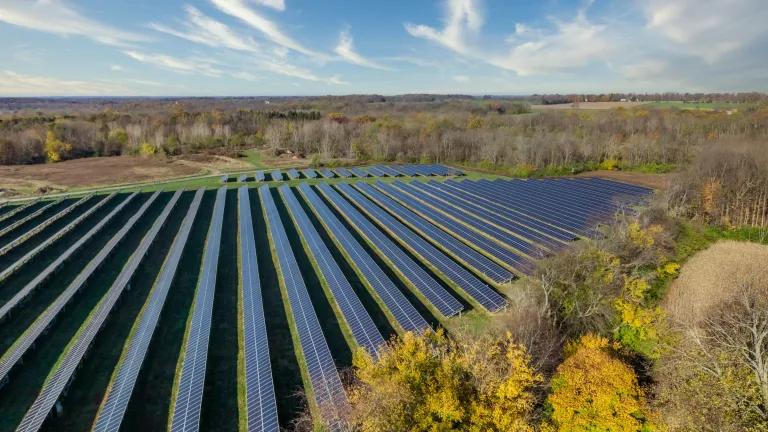One result of writing this blog is that I've learned about a number of blogs out there that, day after day, offer some great commentary on developments in my field. I want to share what I've found. My blogger colleagues and I will soon be able to post our own blogrolls here on Switchboard; meantime, we already have the arguably more useful NetNow, which lets us (via the del.icio.us bookmarking service) share links and gives our readers a little insight into why we're reading what we're reading. For lack of a single cohesive thought of my own to post about, here's a little more detail on what I'm reading now:
First three vaguely related posts under the rough category of "clean is cool." CleanTech Blog notes in its own blogroll that green consumption is being driven by the desire to be cool, but green consumption is still often conspicuous consumption. Emphasizing that point, Sustainability Is Good posted a story about new recycled bags by Freitag and the Tate Modern that expected to be hot commodities. I heard that Whole Foods also sold/is selling a designer recycled bag that people lined up around the block in NYC to get. Finally, CleanTech Investing talks about what the role of philanthropists (and by extension non-profits such as NRDC) should to working on now that cleantech investing is so cool. After all much of what we've been advocating for is not getting hundreds of millions of dollars thrown at it by the greentech/cleantech world. CleanTech Investing answers: the demand-side. This is probably worth a post in and of itself some time soon.
Now for something completely different: The Oil Drum's DrumBeat is just a consistently solid round up of energy (especially oil) related news worth keeping an eye on it. I also watch Biopact closely. The Biopact team has two posts recently of particular interest. First they provide a detailed breakdown of the bioenergy provisions in the House energy bill (see also this previous Switchboard post). Second they cover a company developing GMO plants that will contain enzymes and physical characteristics that will make it easier to convert the plant into fuel. I've discussed the role of biotechnology in cellulosic biofuels before and generally think that GMO crops whether for yield or ease of conversion are unnecessary at this point and leading with a glass-jaw for the industry. Let's get the basic conversion process working, focus on cellulosic residues, and use breeding practices to increase yield first. That should give us plenty of time to figure out what if any role GMO crops should play.
p.s. – you can follow my links day-by-day on my NetNow links page or via this RSS feed. Or, if you're a del.icio.us user yourself, add me to your network!




